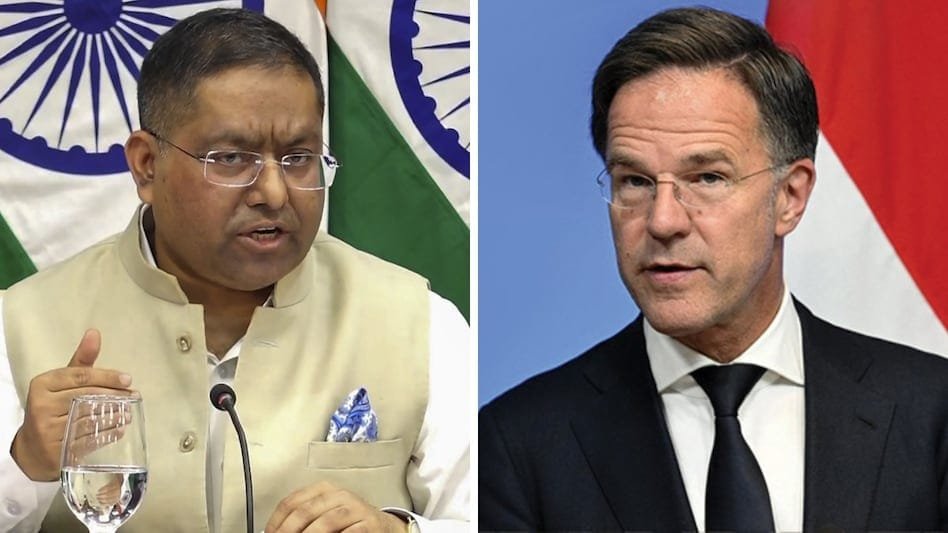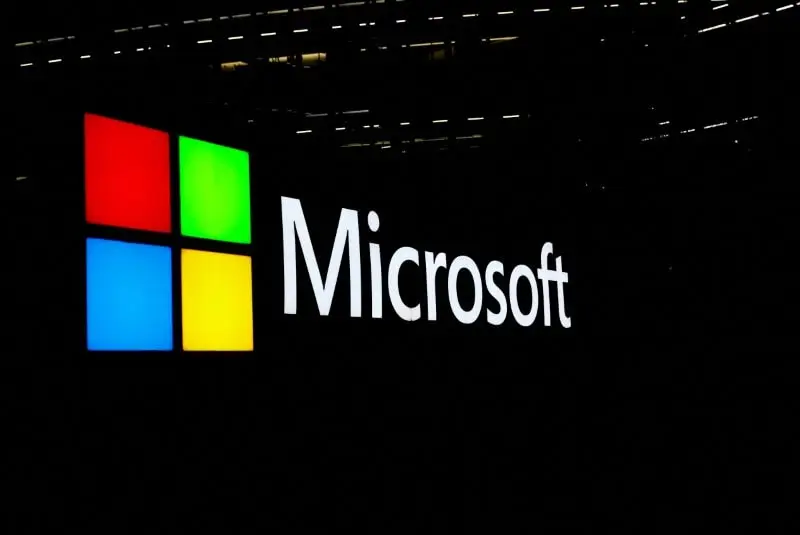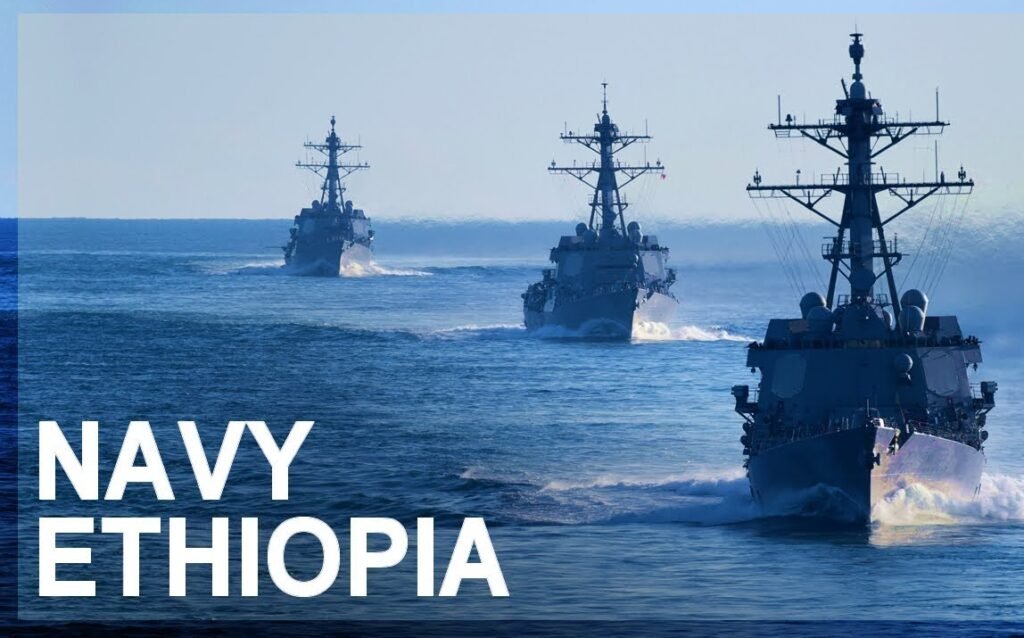India Defends Russia Ties Despite NATO and Trump Warnings
In a strong response to warnings from NATO and former U.S. President Donald Trump, New Delhi firmly defended its trade ties with Russia, highlighting national priorities and sovereign decision-making.
On July 15, NATO Secretary‑General Mark Rutte, during a Washington press conference, warned that countries like India, China, and Brazil could “be hit very hard” by secondary sanctions or steep tariffs if they continue trading with Moscow amid the Ukraine conflict. He urged leaders in Delhi, Beijing, and Brasília to persuade President Vladimir Putin to seek a genuine peace. This came after Trump’s tougher stance, threatening 100% tariffs on nations that fail to cut ties with Russia within 50 days.
India Backs Its Energy Strategy
India’s External Affairs Ministry responded promptly. Spokesperson Randhir Jaiswal emphasized that the government keeps a close watch on global developments and reiterated that energy security remains a top priority. He criticized “double standards” in international diplomacy and asserted India’s right to secure energy from sources aligned with market conditions and geopolitical realities.
Diversified Sources Reduce Risk
The Indian government reaffirmed its commitment to a diversified energy strategy. Oil Minister Hardeep Singh Puri said India is ready to handle any potential disruption by sourcing oil from countries like Guyana, Brazil, and Canada, while also accelerating domestic exploration efforts.
Russian Oil Remains a Key Pillar
India continues to strike a careful balance. While advancing trade discussions with Western partners, it also capitalizes on discounted Russian crude. Russian oil now makes up nearly 35–40% of India’s total imports—up sharply from under 2% before the Ukraine war. Private refiners such as Reliance and Nayara have played a major role in increasing purchases.
Strategic Autonomy Drives Policy
While the U.S. and allies enforce price caps and sanctions to limit Moscow’s revenue, India argues that Russian oil remains outside direct sanctions and is legally tradable under current frameworks.
Amid rising geopolitical pressure, India’s position reflects a larger foreign policy vision: maintain strategic autonomy, ensure access to vital resources, and resist coercive tactics. With energy security on the line, New Delhi continues to chart its own course—even as global tensions escalate.







